Six ECE Faculty Selected for 2013-14 College of Engineering Awards
Innovation Excellence Award
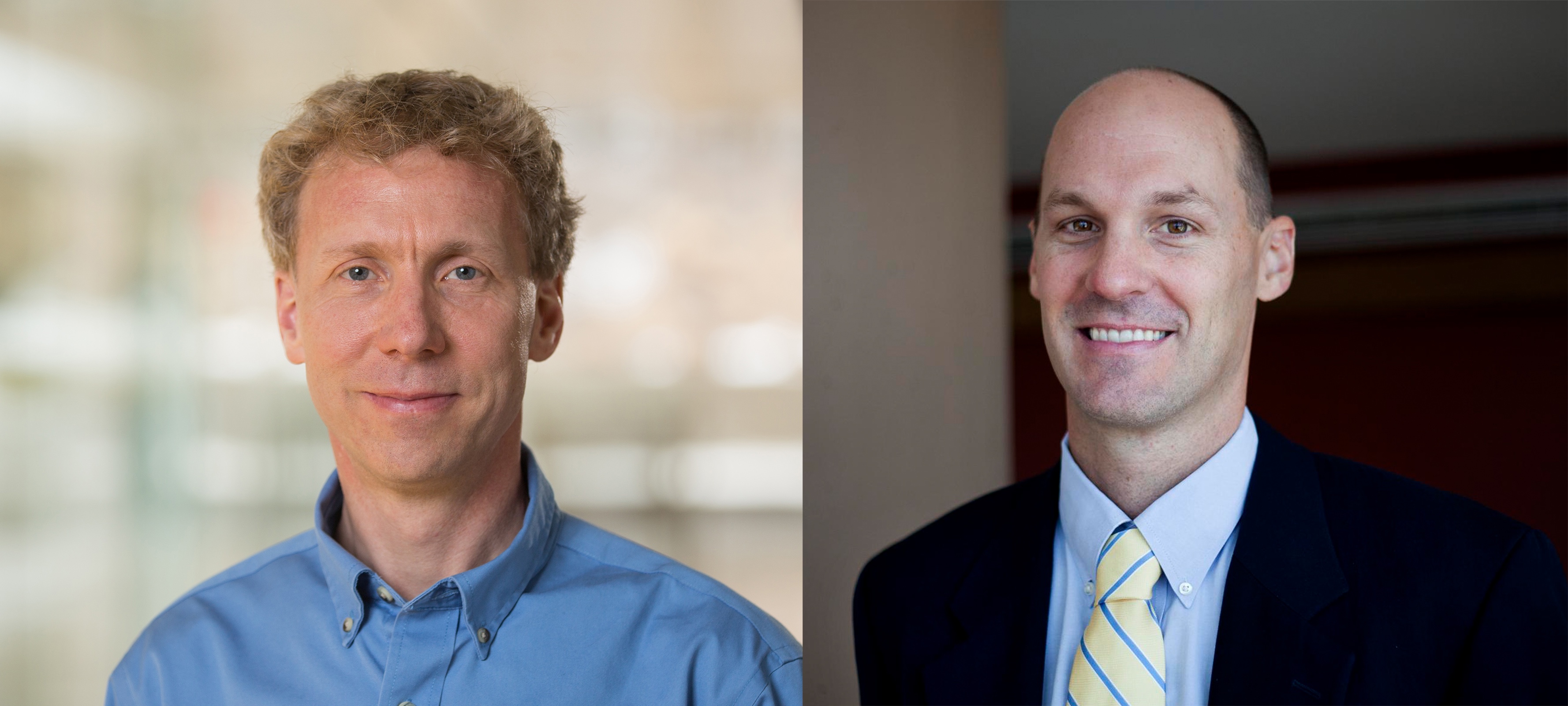
 Enlarge
Enlarge
Prof. David Blaauw and Prof. Dennis Sylvester have responded to the advent of mobile battery-powered computing platforms by developing and making practical an entirely new area of technology through their work in ultra-low-power integrated circuits. This area is millimeter-scale computing. By creating a 1 mm3implantable microsystem for treating glaucoma, revealed to the public early in 2011, they were the first to make so-called “smart dust” a reality. This microsystem contained a pressure sensor, microcontroller, memory, thin-film battery, and wireless link. Using deep-submicron subthreshold design techniques that they helped develop, they achieved system standby power levels of 30pW, which was orders of magnitude below conventional circuits. Near-threshold computing (NTC) is one of the key techniques for achieving ultra-low power as developed by Blaauw and Sylvester. While at one time NTC was avoided by industry, the success of their systems has revealed a way to overcome the pitfalls that were formerly associated with the technique. In just the past 5 years Blaauw and Sylvester have been issued 12 patents in the area of low power design. Blaauw and Sylvester were named two of the top contributing authors to the International Solid-State Circuit Conference (ISSCC); much of their research was presented to the public at this prestigious conference. In 2010, Profs. Blaauw and Sylvester, along with former student Dr. Scott Hanson, commercialized their technology by founding Ambiq Micro, which now offers the lowest power real-time clock on the market today.
Research Excellence Award
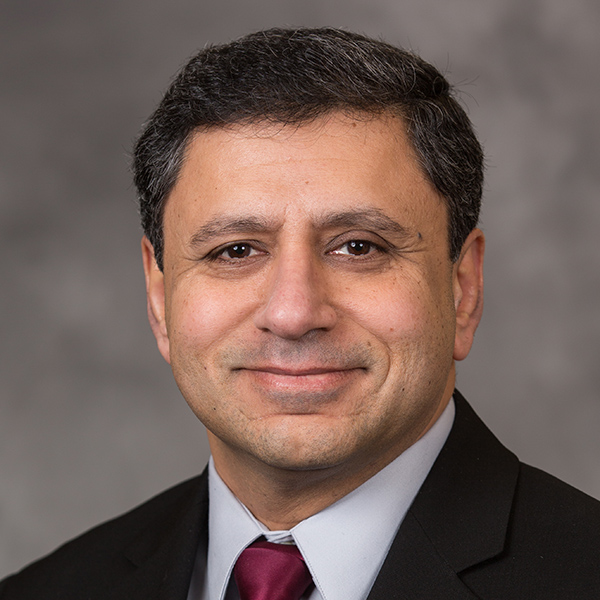
 Enlarge
Enlarge
Prof. Yogesh Gianchandani leads a world-class research group in microelectromechanical systems (MEMS), working on transduction methods, microstructures, and microsystems for a wide variety of applications. His research spans four principal areas: thermal actuators, microdischarges, biomedical microsystems, and thermal scanning probes. His research has led to innovations in integrated Knudsen pumps, chemical sensing, radiation detectors, pressure sensing, smart cardiovascular stents, miniature drug pumps, and smart biopsy tools. He was the first to realize many of his devices at the micro level, which has opened up new opportunities for their worldwide use at low cost. Prof. Gianchandani has edited the three-volume book series, Comprehensive Microsystems, authored nearly 300 journal and conference papers, issued 28 patents, and started the company PicoCal, Inc. As an educator, he developed two courses in the area of MEMS and Integrated Microsystems, initiated and chaired the M.Eng. program in Microsystems, and graduated 25 doctoral students. His service to the professional community is extensive. To name only a few highlights, he is currently editor of the Journal of Semiconductor Technology and Science, Technical Program Chair of the 2013 IEEE Int. Sensors Conference, he served a 2-year term as NSF Program Manager for Nano and Micro Systems, and is currently Director of the Center for Wireless Integrated MicroSensing and Systems.
Education Excellence Award
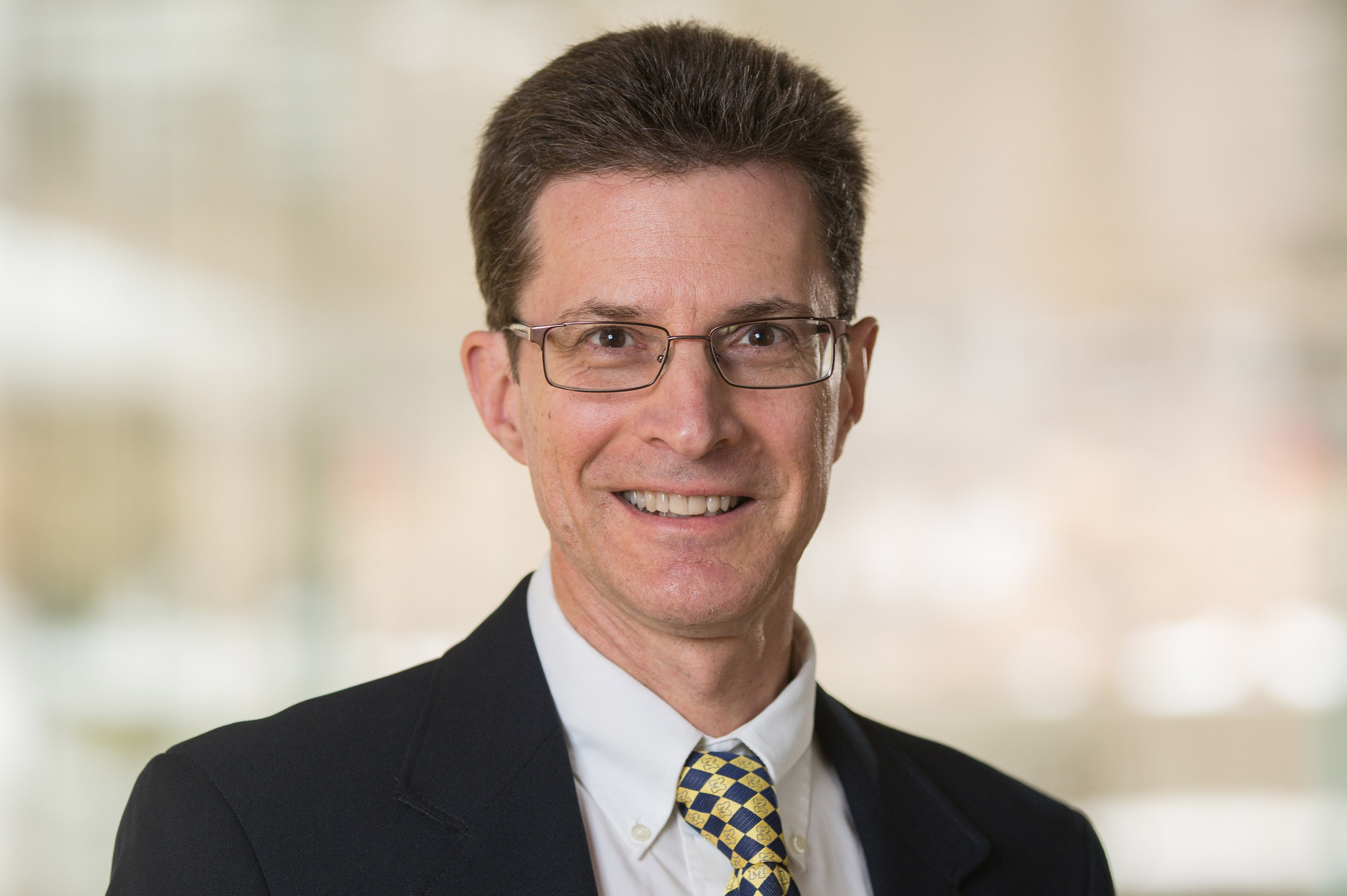
 Enlarge
Enlarge
Prof. Stéphane Lafortune brings the same excellence, dedication, and innovation that make him a world-renowned researcher in the area of discrete event systems to his teaching. In 2006, he helped initiate bold changes to the core undergraduate Signals & Systems course that led to a resurgence of student interest in the entire Systems area. He has taught a wide variety of undergraduate and graduate-level courses, and students have appreciated the skill be brings to his teaching as well as the personal attention he gives to them. He authored the graduate-level textbook, Introduction to Discrete Event Systems, in 1998; the second edition was published 10 years later and is taught at several universities in the U.S., as well as 19 other countries. Prof. Lafortune excels as a mentor to his graduate students, many of whom are now teaching at prestigious universities and excelling in industry. In his most recent service activities, he has served brilliantly as Chair of the Graduate Committee and Chair of the Graduate Admissions Committee since 2011. In addition, Prof. Lafortune is a research investigator and co-leader of the education and knowledge transfer thrust of NSF Center, ExCAPE: Expeditions in Computer Augmented Program Engineering.
Service Excellence Award
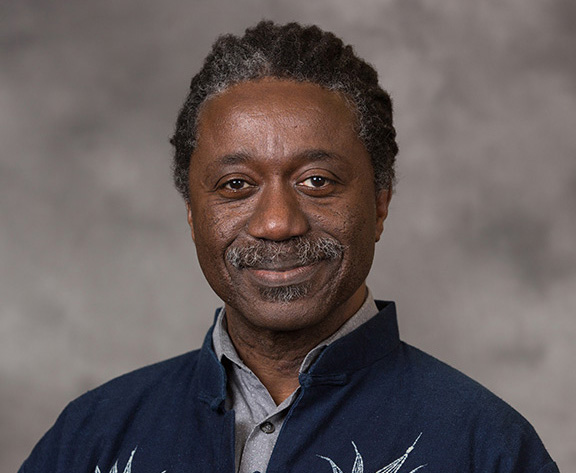
 Enlarge
Enlarge
Prof. Herbert Winful’s creative approach to life fuels the energy needed to support his varied contributions to education and to his fellow man. He has been praised for his tireless efforts as PI on a major USAID project to help rebuild Liberia’s universities and infrastructure. He serves on the STEM-Africa Steering Committee in the African Studies Center in the U-M International Institute, a program that he was instrumental in developing and has since co-chaired twice. He serves as faculty advisor to the U-M Society of Minority Engineers and Scientists – Graduate Component, and advises undeclared students in the CoE Advising Center. When Prof. Winful realized the 50th anniversary of the discovery of nonlinar optics was approaching, he was instrumental in organizing a Symposium at Michigan, Nonlinear Optics @ 50, which attracted close to 500 participants that included leaders from around the world and a Nobel Laureate. He is currently planning an event to celebrate the 70th birthday of Professor Emeritus Gerard Mourou, which promises to be highly successful. Prof. Winful played a major role in creating the interdisciplinary course, UARTS 250: The Creative Process, and is highly regarded as a teacher, receiving both the Tau Beta Pi and Eta Kappa Nu Teacher of the Year awards. He is also an outstanding researcher of theoretical nonlinear optics.
Outstanding Research Scientist Award
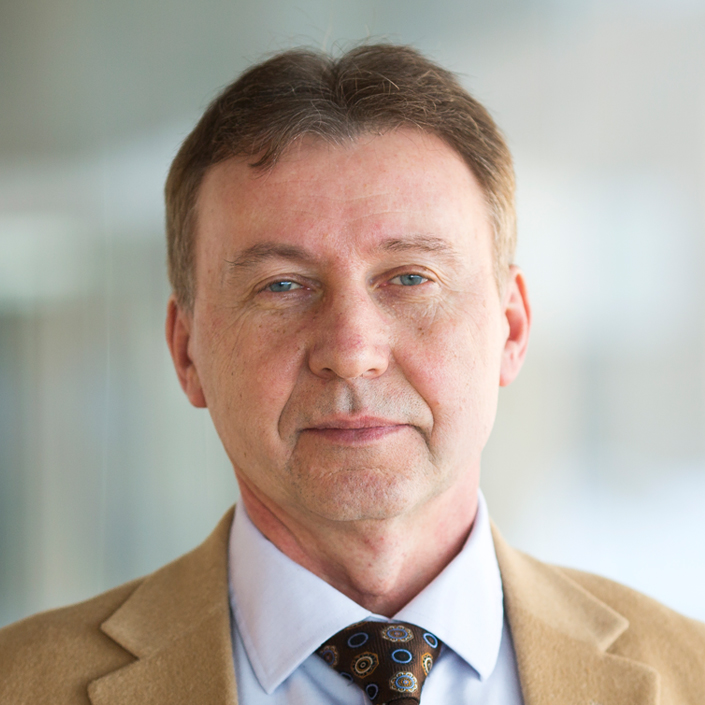
 Enlarge
Enlarge
Dr. Anatoly Maksimchuk is a world leader in the field of high intensity laser plasma interactions. He specializes in laser-matter interaction at relativistic intensities, table-top particle accelerators, and high-power short pulse lasers. Some of the major accomplishments he has made include: the earliest measurements of accelerated relativistic electron beams from a laser generated wakefield (1996); the first measurements of the non-linear Thomson scattering (1998); the first observation of laser-driven forward accelerated proton beams from thin film targets (2000), followed by the first nuclear activation experiments with laser accelerated light ions and production of radioactive isotopes (2001). More recently, Dr. Maksimchuk participated in the construction of U-M’s 300 TW HERCULES laser facility, and is head of the experimental target areas there. He also is the head of a 20 TW, 400 fs hybrid Ti:Sapphire/Nd:Phosphate glass laser facility. He is a Fellow of the American Physical Society.

 MENU
MENU 
